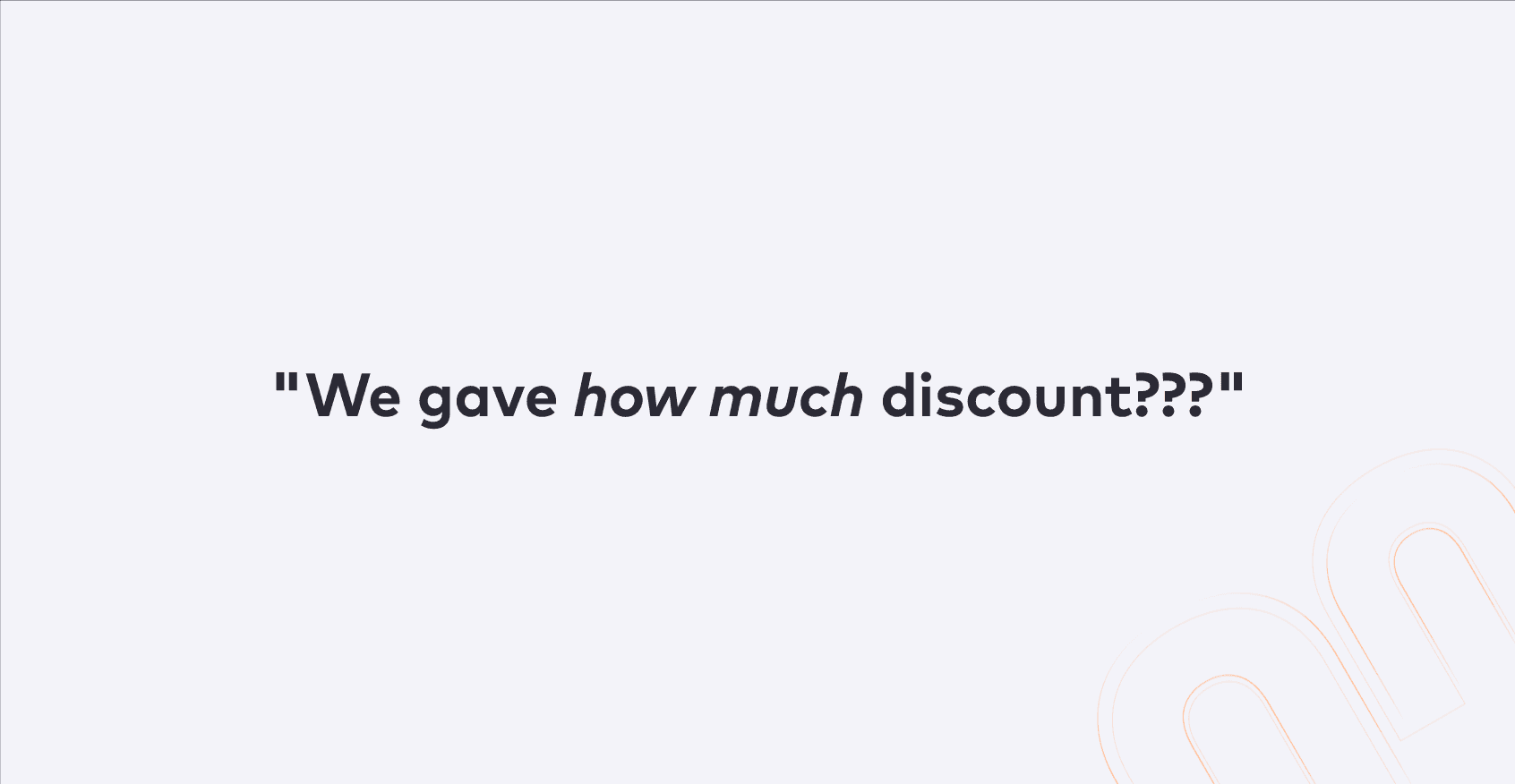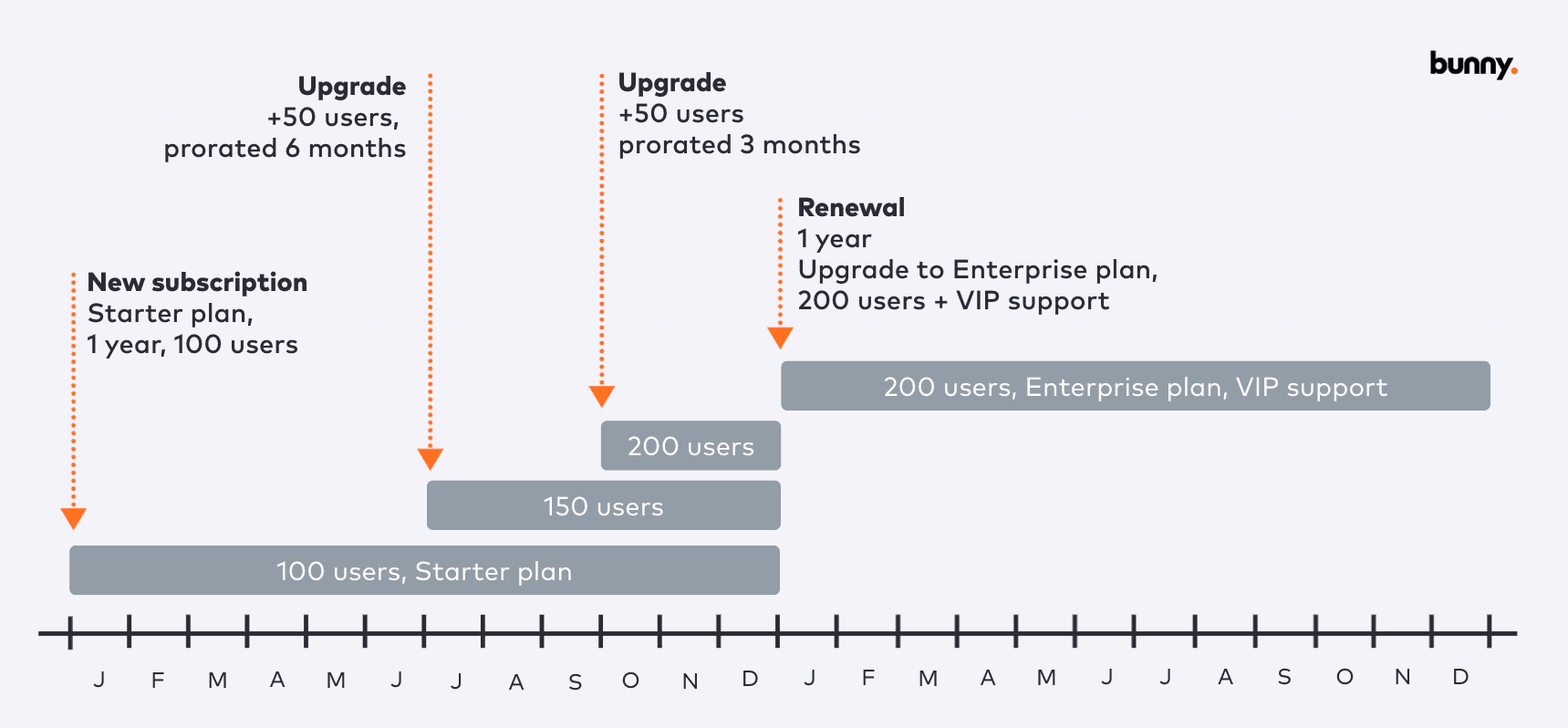
The problem with CPQ

The problem with CPQ
CPQ has a reputation of being both expensive and complex and there are several reasons for that. Let’s look at it from SaaS companies’ perspective.
As we described in Why Bunny, a SaaS company’s revenue stack is built out gradually over time. Very few SaaS companies have a proper billing system from the start and most stick with their homegrown solution because it’s just too painful to implement anything else. But let’s say you made the leap and decided to implement a new billing system, your setup would look something like this.

Signups to your platform are pushed to your CRM, which integrates with the billing system, which monitors and reports on usage so that customers have access to their subscription and are billed accordingly.
At some point, your sales organization needs more structure to execute enterprise deals, so you start looking at CPQ. This is where things get complicated.
The integration between your CRM and billing system is not simple, and now you have to wedge a CPQ solution between the two.

The big problem here is that you are trying to integrate three general purpose software applications. Yes, they may all have APIs, but their data models are different, so you are settling for the lowest common denominator in terms of pricing flexibility, which will hold back your growth.
Welcome to integration hell. A typical CPQ implementation, from start to finish, is projected to take 6-9 months, but can extend to a year. During that time, there is disruption to CRM and Billing, and this all costs a lot of money.
And then how great is the final result? You have added a ton of complexity, which requires ongoing maintenance to keep everything working smoothly, but are you truly better able to meet your goals?
Bunny has a completely different approach, which keeps all of the pricing, quoting and billing complexity in our platform, which has a very lightweight integration with CRM.

SaaS companies are built for speed. So is Bunny.
And it rhymes with money.

